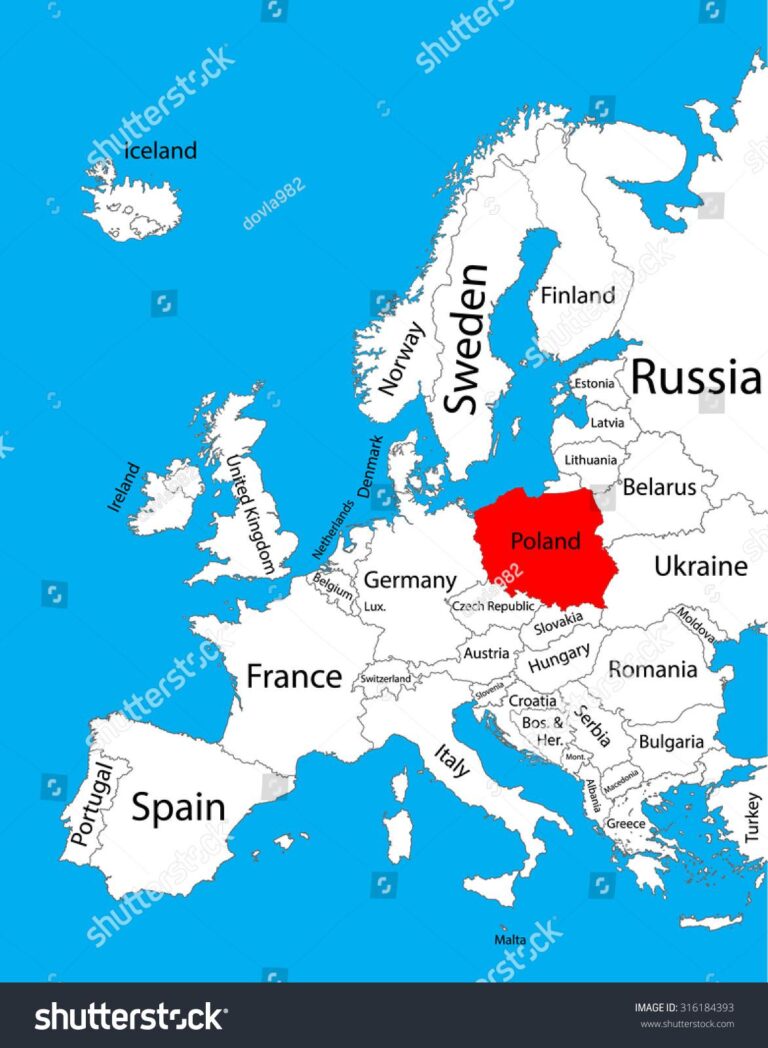Poland has marked the anniversary of World War II with a pointed demand for reparations, calling on Germany to compensate for the immense suffering and destruction inflicted during the conflict. In a statement broadcast by TVP World, Polish officials emphasized the enduring impact of the war on their nation and insisted that Germany must take responsibility by providing financial restitution. This development underscores ongoing tensions between Warsaw and Berlin over wartime accountability, reigniting a long-standing debate over historical justice and compensation.
Poland Commemorates World War II Anniversary Spotlighting Historical Reparations
As Poland observes the solemn anniversary of World War II, the nation has intensified calls for Germany to acknowledge and settle historical reparations. Polish officials and historians emphasize that the unresolved issues stemming from wartime occupation and destruction continue to impact Polish society, both economically and morally. The dialogue centers on compensation for infrastructure damage, cultural losses, and human casualties suffered during the Nazi occupation, asserting that decades of diplomatic stalling have left wounds unhealed.
During recent commemorations, several key demands were underscored:
- Formal apology from the German government recognizing Poland’s extensive suffering
- Financial restitution for destroyed cultural heritage sites and public infrastructure
- Support for survivors and descendants affected by forced labor and displacement
| Reparation Issue | Status | Polish Demand |
|---|---|---|
| Infrastructure Destruction | Unresolved | Financial Compensation |
| Cultural Heritage Loss | Partially Acknowledged | Restoration Support |
| Forced Labor Victims | Under Negotiation | Survivor Benefits |
Polish Officials Renew Calls for Germany to Settle Wartime Compensation Claims
Polish government officials have once again brought pressure on Berlin to address unresolved compensation claims stemming from the atrocities of World War II. As the anniversary of the war’s outbreak is commemorated, Warsaw insists that Germany fulfill its moral and legal responsibilities for damages inflicted on Poland during the occupation. Polish representatives argue that previous agreements fall short of delivering justice to surviving victims and their descendants, emphasizing the need for renewed dialogue and tangible reparations.
The demand comes amid escalating political discourse in Poland, where public sentiment strongly supports holding Germany accountable. Key points raised by Polish officials include:
- Recognition of unpaid restitution for forced labor and property seizures.
- Comprehensive compensation for war-related civilian suffering.
- A formal German apology acknowledging ongoing grievances.
| Compensation Issue | Status |
|---|---|
| Forced Labor Claims | Unresolved |
| Property Seizure Restitution | Partially Settled |
| Civilian Damage Compensation | Pending Negotiations |
Experts Discuss Legal and Diplomatic Pathways for Resolving Polish Reparations Demand
Legal scholars and diplomats gathered recently to analyze the multifaceted approaches Poland could employ to advance its reparations claim against Germany. While Poland asserts that the scale of devastation warrants a renewed financial settlement, experts emphasize that international law frameworks, such as treaties and post-conflict agreements, play a pivotal role in determining the legitimacy and enforceability of such demands. The complexities arise largely from historical treaties, including the 1953 renunciation of claims, which some legal circles argue may limit the current reparations negotiations.
From a diplomatic standpoint, specialists suggest a blend of bilateral dialogues, EU-mediated discussions, and potential international arbitration as viable avenues. The discussions highlighted several key factors for Poland’s strategy:
- Gathering robust historical and financial evidence to support claims
- Leveraging European Union mechanisms to strengthen political pressure
- Maintaining open diplomatic channels to avoid escalation and foster long-term cooperation
| Pathway | Pros | Cons |
|---|---|---|
| Legal Action in International Courts | Clear judicial process; binding | Lengthy; risk of unfavorable ruling |
| EU Diplomatic Mediation | Political support; multilateral | Dependent on EU consensus; indirect enforcement |
| Bilateral Negotiations | Direct dialogue; flexibility | Potential stalemate; sensitive politics |
To Conclude
As Poland commemorates the anniversary of World War II, calls for Germany to address wartime reparations have reignited a contentious historical debate. While Berlin maintains that all claims were settled decades ago, Warsaw’s demands underscore the enduring impact of the conflict on national memory and sovereignty. The discourse surrounding reparations continues to shape Polish-German relations, reflecting broader questions about justice, accountability, and reconciliation in Europe’s post-war landscape.




